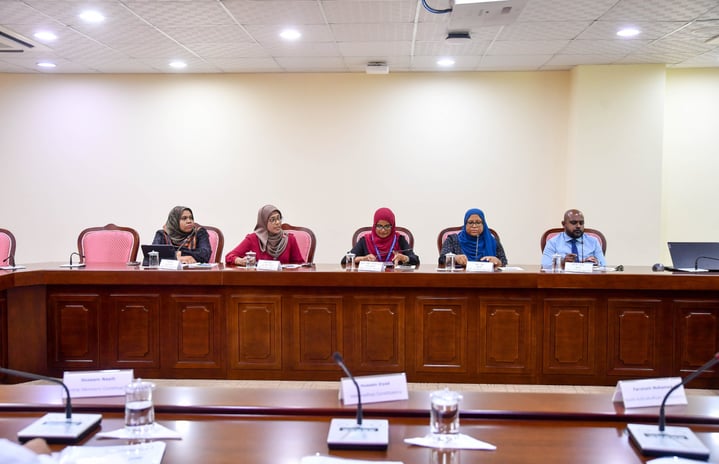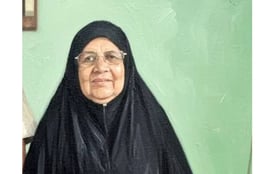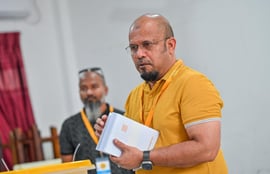The Human Rights Commission of the Maldives (HRCM) has urged the government to retain the Maldives Media Council Act and the Broadcasting Act as two separate legal frameworks. The commission recommends necessary amendments to each to ensure they are more comprehensive, rather than merging them under a single system.
The recommendation comes in response to a new media regulation bill introduced by Thulhaadhoo MP Abdul Hannan AbuBakuru, which is currently under review.
HRCM emphasized that in democratic nations, broadcast and print media typically operate under fundamentally different regulatory frameworks. It is not common practice for a single commission to oversee both using the same code of conduct. According to the commission, international standards require that governments allow a broad range of freedoms in response to political discourse, especially to uphold freedom of expression.
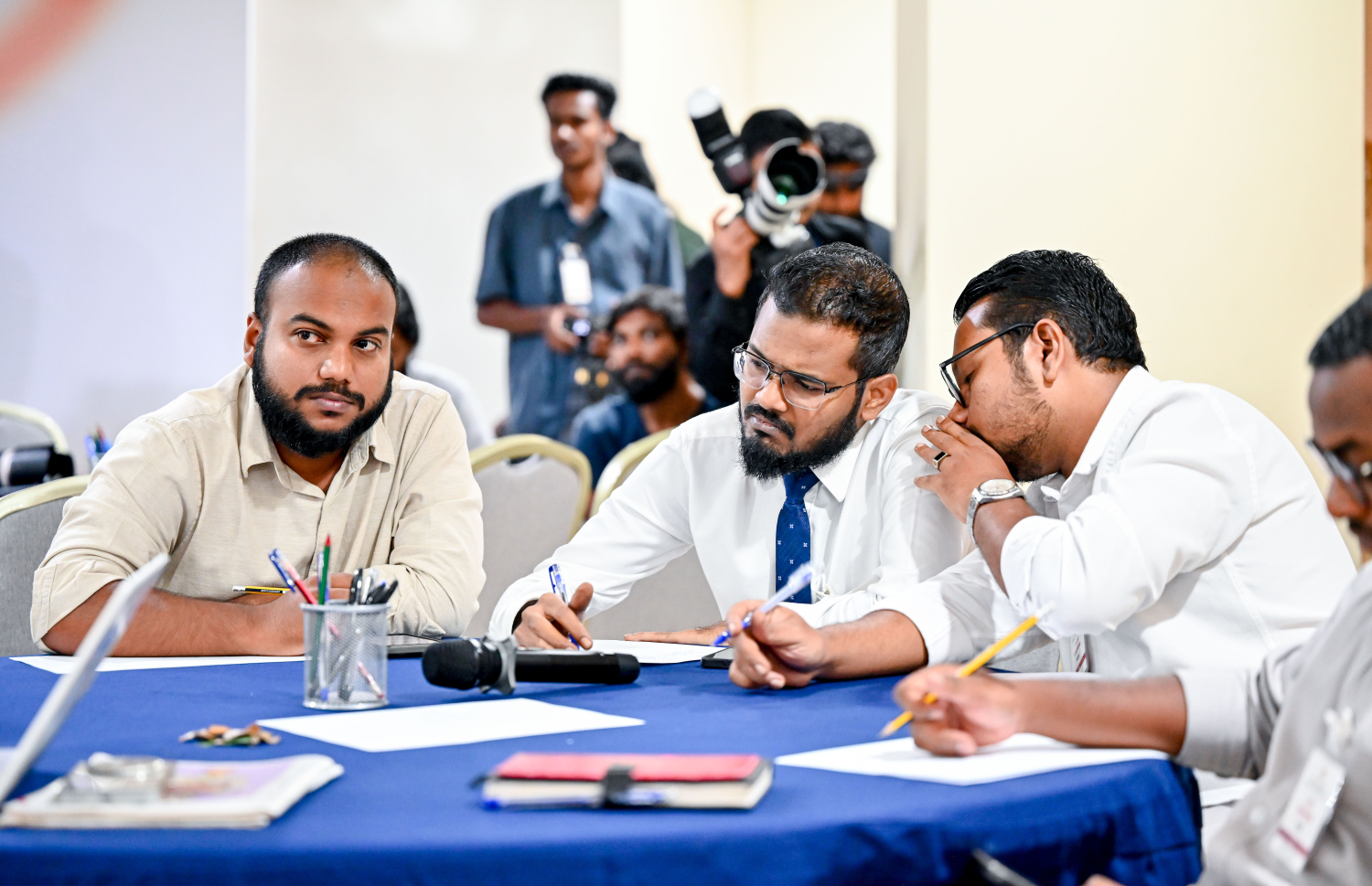
The HRCM raised particular concern over the bill's proposal to bring bloggers and independent online voices under state supervision. Under the bill, individuals would be required to register and obtain licenses to publish content or express personal views online, a move the commission says contradicts international best practices and would significantly restrict freedom of expression.
In democratic countries, the HRCM noted, independent voices and citizen journalists are protected, not regulated. For instance, in the United Kingdom, the print media is overseen by independent bodies such as the Independent Press Standards Organization (IPSO), and there is no requirement for bloggers or online opinion publishers to register or obtain licenses.
The commission also pointed out that countries like the United States, Canada, and those in Europe recognize online expression, including blogging, as a form of free speech and do not subject it to state registration. While broadcast media may be regulated by commissions, the print media generally operates under self-regulation systems.
Even if the government proceeds with establishing a single regulatory body, the HRCM insists that the distinction between print and broadcast media must be preserved within that structure. This would require establishing separate regulatory systems under the umbrella of the new agency.
The commission also objected to provisions in the bill requiring newspapers and magazines to be registered with the commission before publication. Additionally, the HRCM raised concerns that the newly formed commission would be empowered to take over ongoing cases from both the existing Media Council and the Broadcasting Commission. This could result in new procedures, responsibilities, and penalties being applied retroactively, an approach the HRCM strongly opposes.
As a solution, the commission has proposed an amendment to Article 72 of the bill, calling for any ongoing cases to be investigated under the previous laws, and that no action should be taken based on new procedures or penalties that were not in place at the time.
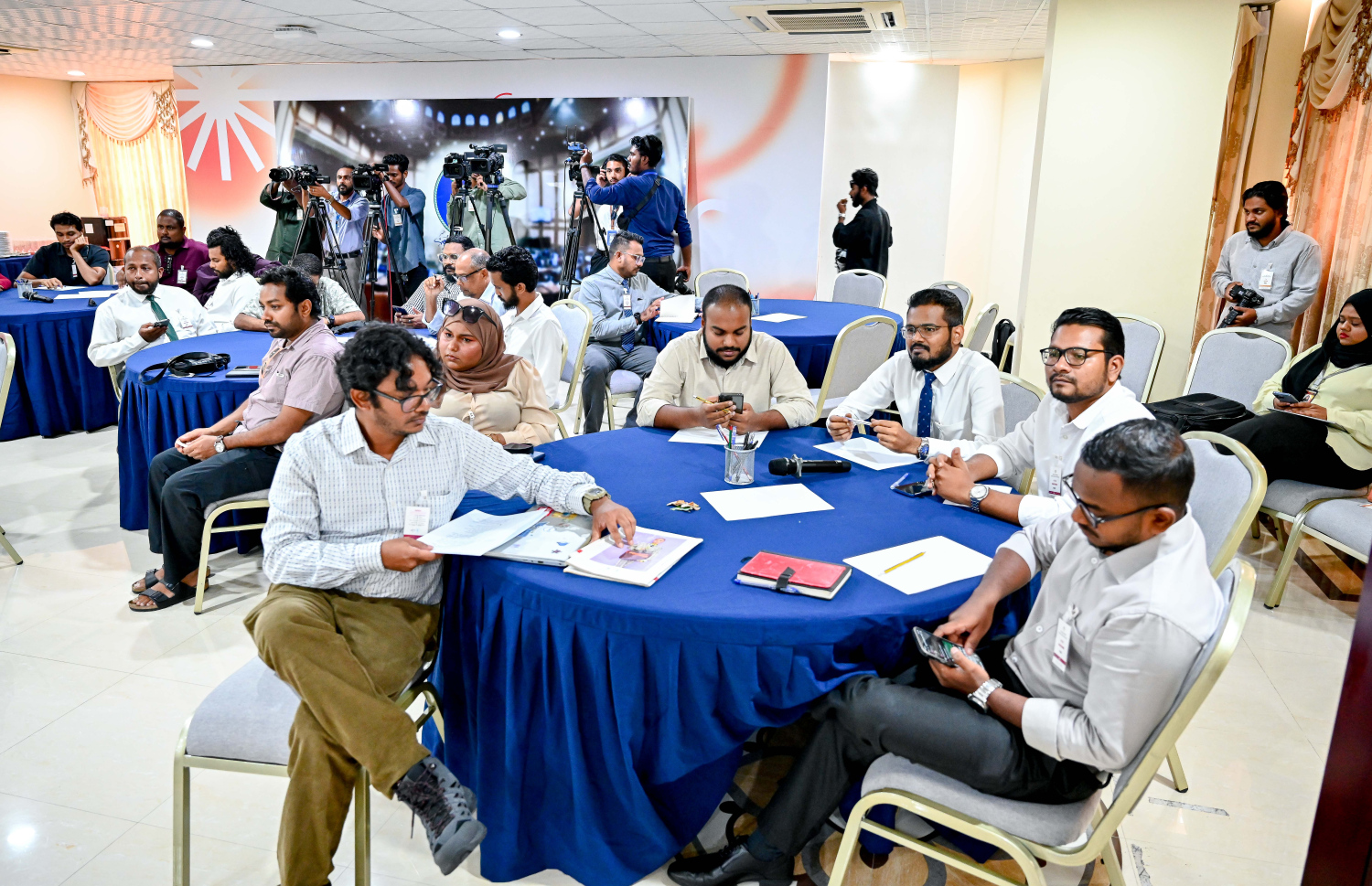
Another controversial provision, Section 68, places responsibility on any individual or media outlet that publishes inaccurate information to issue a public apology and clarification at the earliest opportunity. The commission would also have the authority to issue corrections or apologies on behalf of the publisher, and take further action if compliance is not met.
According to the HRCM, such provisions risk violating freedom of expression and press freedoms as protected under the International Covenant on Civil and Political Rights (ICCPR).
The HRCM has proposed 22 amendments to the bill, providing detailed justifications for each. The commission emphasized that even if the bill cannot be amended entirely in line with its recommendations, lawmakers should still consider the commission’s input on individual provisions.
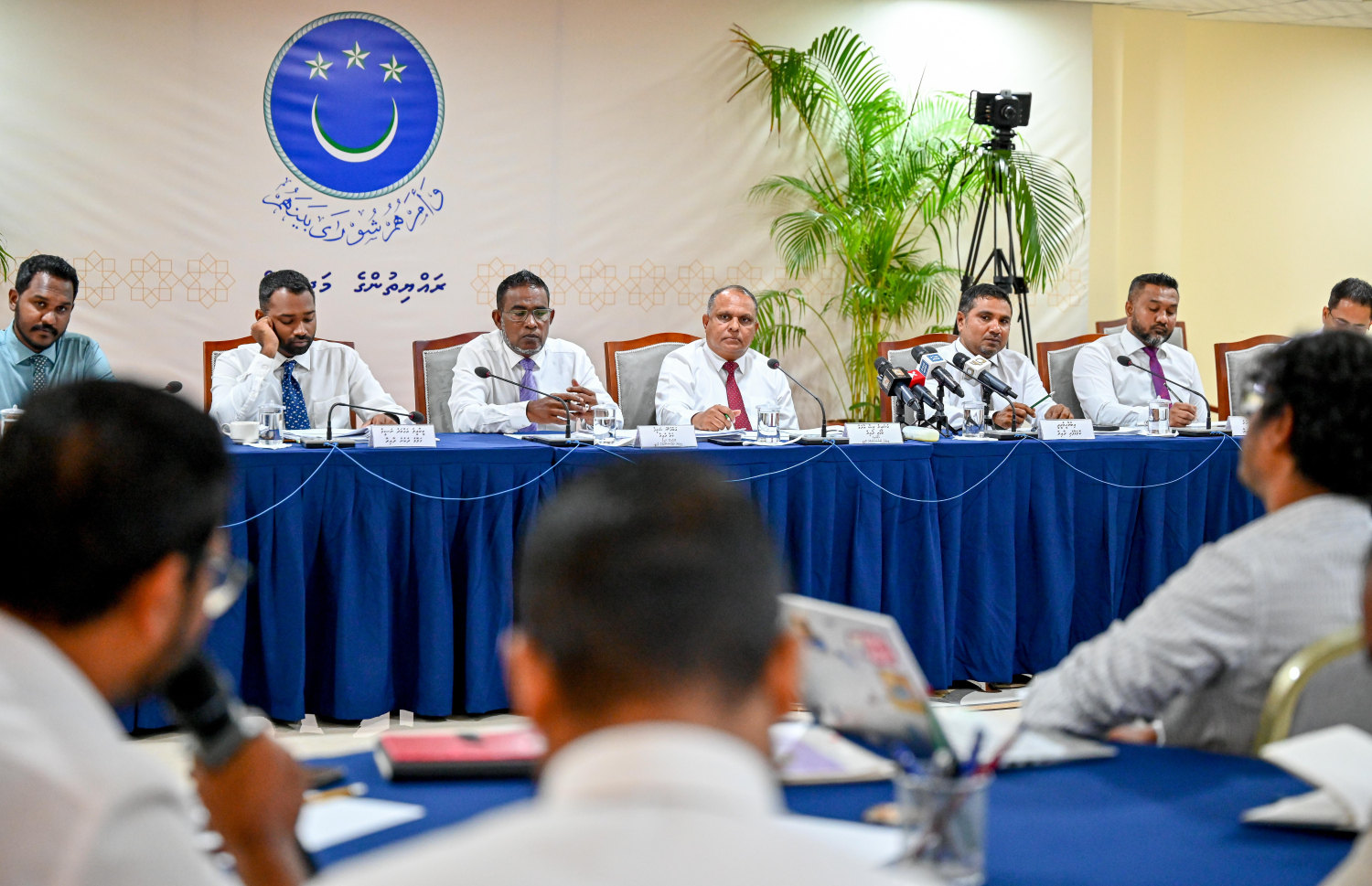
The bill has sparked widespread criticism. It was passed in an extraordinary parliamentary session on Wednesday, despite concerns from journalists, the Maldives Media Council, the Maldives Journalists Association, and several international organizations.
Various media outlets were summoned to a parliamentary committee today to give their feedback. However, journalists have continued to call for the bill to be withdrawn entirely.
